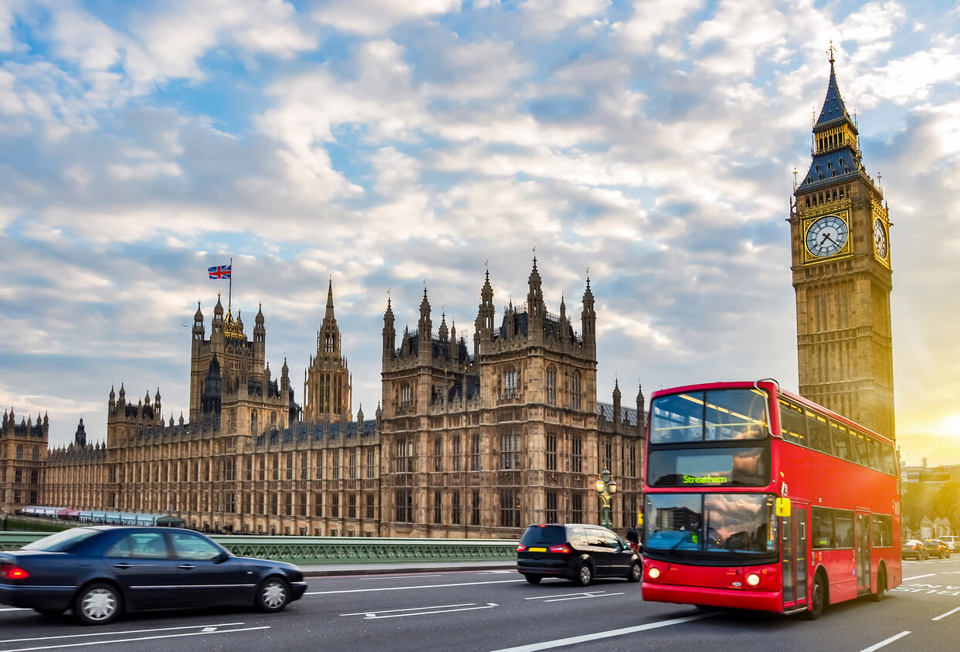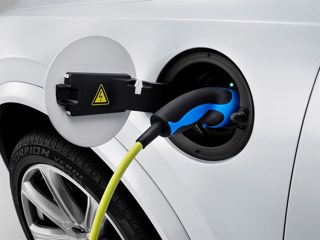The growth in the number of electric vehicles (EVs) in London is outstripping the number of charge points, a new report from the London Assembly environment committee suggests.
It says that this could limit the number of people operating an EV, when 60% of Londoners do not have their own garage or driveway and would therefore need to rely on electric on-street charging.
The report calls for a pan-London approach to electric charging points, spearheaded by the Mayor.
Leonie Cooper, former chairman of the Environment Committee, said: “The Mayor has a key role to play in spearheading the shift to electric vehicles, preferably not individually owned but shared via car clubs.
“We need to get the number and location of charging points right, as well as raise awareness of charging points in the capital. This infrastructure is essential if London is to continue the electric vehicles revolution.”
The report found that encouraging Londoners without their own driveway or garage to get an EV is the biggest challenge for take-up, as concerns about charging points are deep-rooted.
Furthermore, the spread, location and accessibility of electric charging points is more important than the number of charging points, so a strategic pan-London approach is needed.
It also says that car clubs are a golden opportunity to both reduce individual ownership and get more electric cars on the road, instead of petrol and diesel combustion engine vehicles.
The report recommends the Mayor of London should encourage all London boroughs to make parking for electric vehicles free or discounted, to drive take-up.
He should also use his profile to spread the idea that charging need not be a barrier to owning an electric vehicle and offer TfL capital funding to install electric charging points, where private sector investment is not happening quickly enough.
Finally, the report says the Mayor should set a target for the percentage of electric cars in London’s car clubs, to ensure car clubs see members sharing the cleanest vehicles.
Daniel Brown, EV lead at the Renewable Energy Association, said: “Achieving mass adoption of EVs is eminently achievable but the development of required infrastructure will need coordination between government at all levels, developers, grids, and consumers.
“The report comes at a time where, at a national level, the Automated and Electric Vehicle Bill is being debated in the House of Lords. A number of amendments to the Bill are pragmatic proposals which mirror forward thinking initiatives included in the draft London Plan. Ensuring that new properties, including those with public car parks such as supermarkets and offices are 100% ‘EV Ready’ with relevant trenching, wiring, and ducting in place, would make it easier for both those with and without off-street parking to charge their cars in London and beyond.”






















Login to comment
Comments
No comments have been made yet.